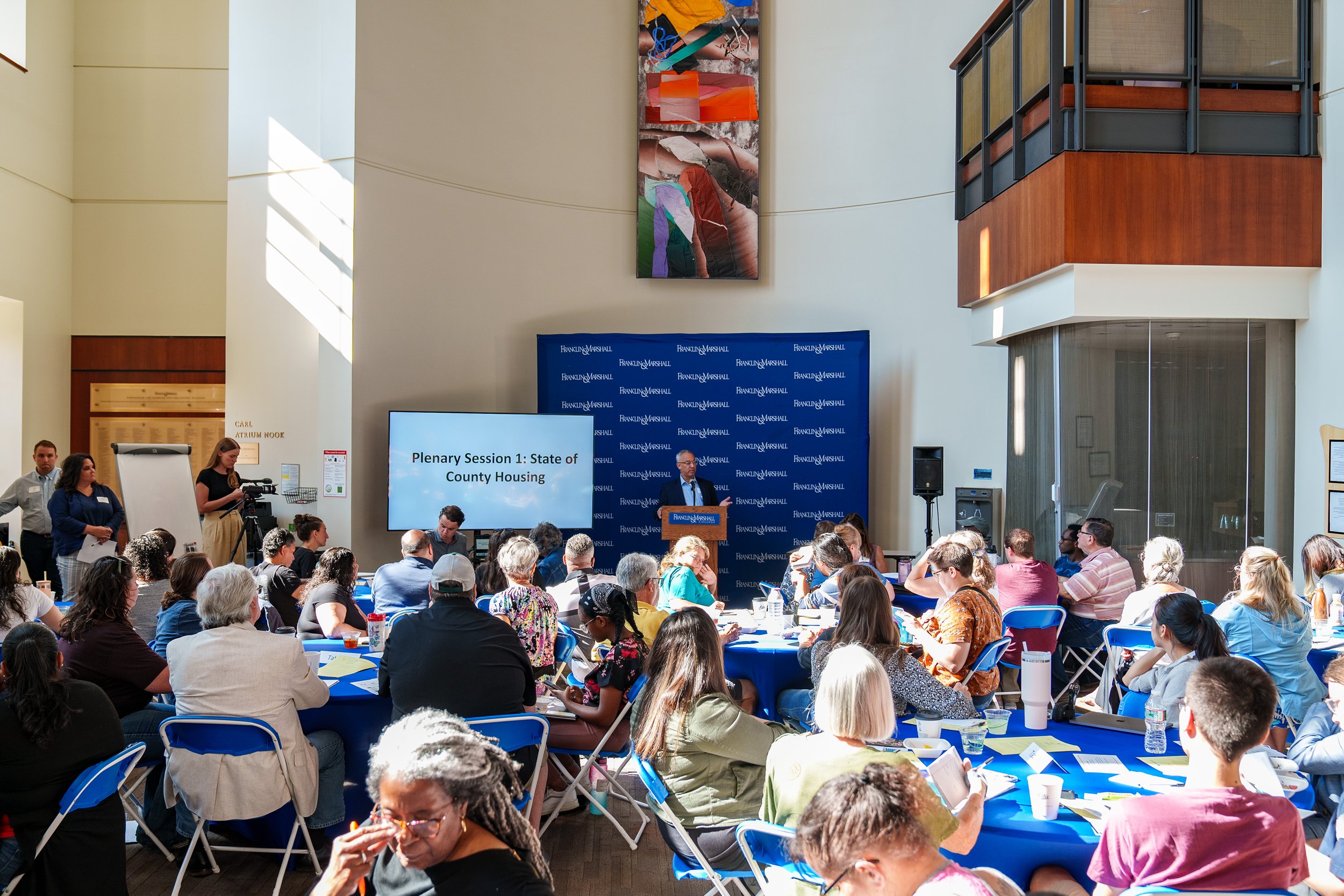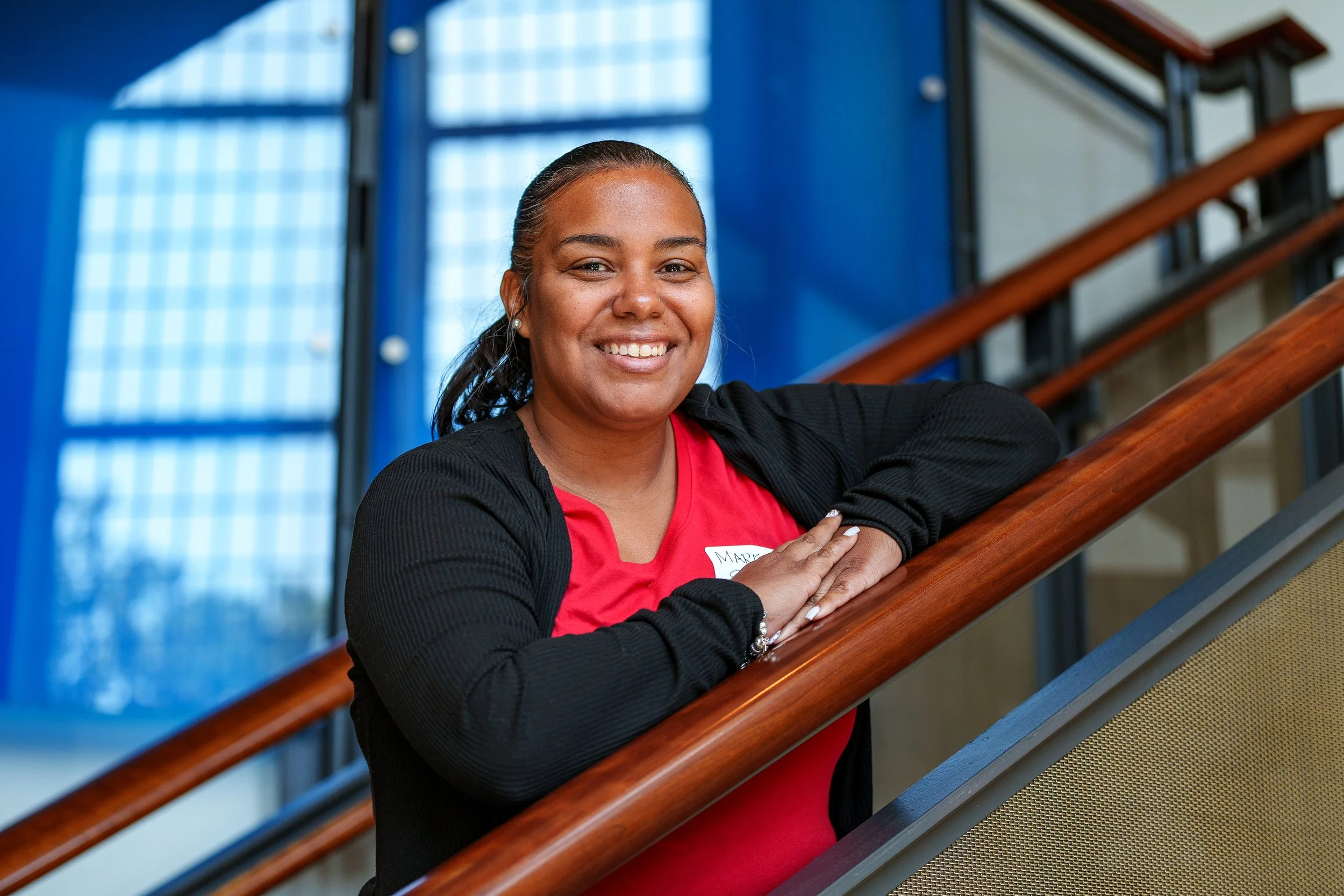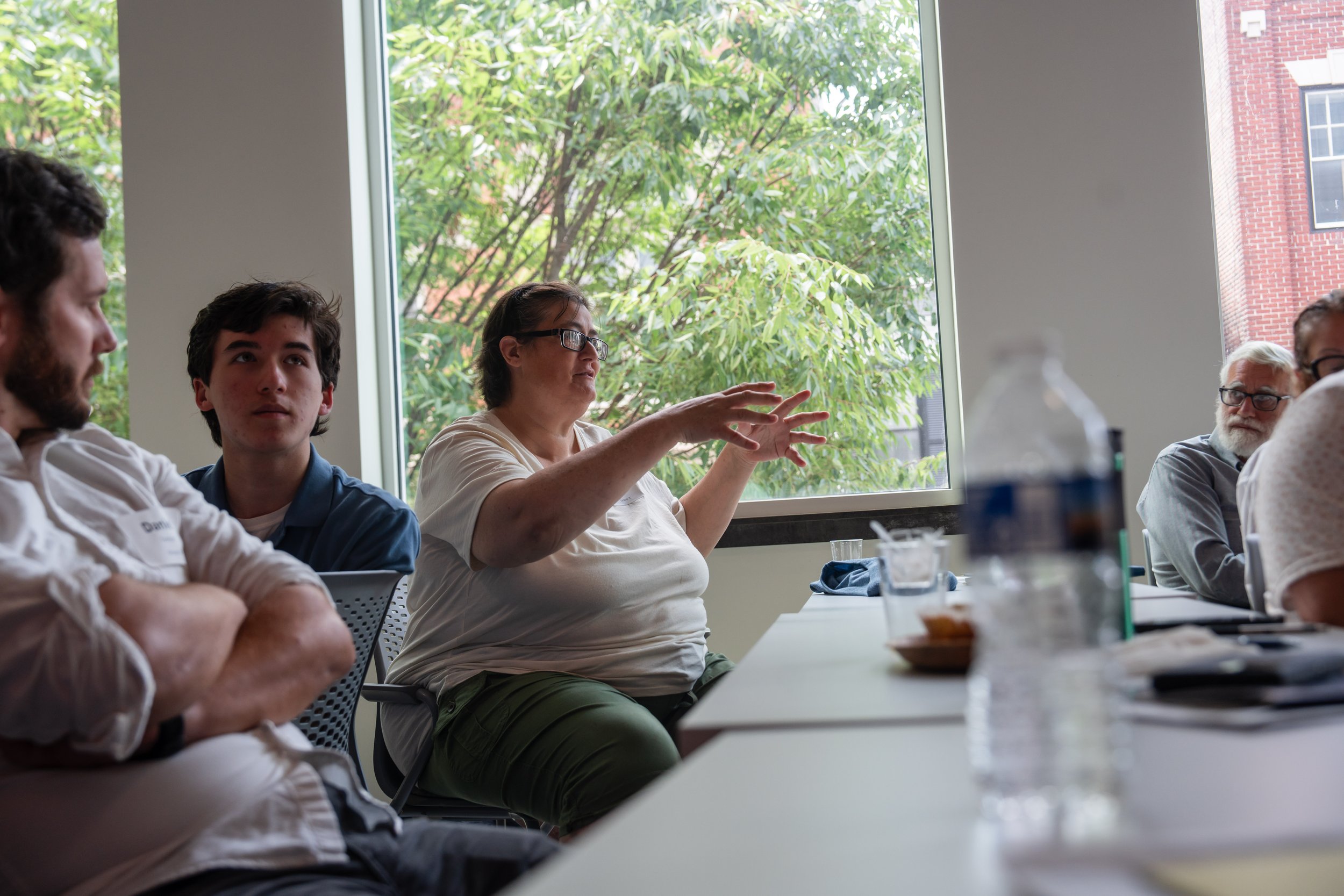
About Deliberative Forums
A Whole Community in One Room
In recent decades, democracies around the world have been experimenting with, and in some places institutionalizing, a form of public engagement in the policy-making process called a deliberative forum. A deliberative forum, often referred to as a “citizen assembly” or a “minipublic,” is a mechanism for obtaining public feedback on matters of public policy.
There is considerable empirical evidence that the deliberative process shifts the views of participants, though there is no consistent movement to the left, right or center of the policy spectrum. Importantly, there is also evidence of positive shifts in attitudes about the possibility for common ground within a community and perceptions of the goodwill of those with whom participants disagree on issues. Though certainly not a silver bullet against political polarization, deliberative mini-publics are a promising antidote to it.
How it works:
-

Step 1: Selection
First, a mini-public consists of a group of randomly-selected, representative members of the community. Representation of key demographic (and, often, attitudinal) characteristics is accomplished by stratifying the sample of participants to ensure that the mini-public looks like the broader community.
-

Step 2: Learning
Second, participants are provided with a briefing document several weeks in advance of the forum. The briefing document, which is developed with the help of subject-area experts, provides objective information, data, and facts about the topic under consideration. Thus, participants arrive at the forum reasonably well-informed and certainly better informed than the typical citizen.
-

Step 3: Deliberation
Participants at the forum engage in deliberation with one another, guided by trained facilitators, in an attempt to arrive at recommendations for the policy in question. The process of deliberation is not a debate but is an exchange of reasons intended to help constructively move the participants toward decisions.
-

Step 4: Discussion
The groups return from their small group deliberations to share insights and highlights from their discussion. Here they can also engage with experts to expand on topics they touched on.
-

Step 5: Voting
After group deliberates collectively, they vote on policy questions meant to drive action on the topics they discussed. If a question has more than 80% agreement, the forum is considered to have reached Consensus on that issue.
Moving the needle
Creating connections is a good start, but how does this translate into actually shifting perceptions? In order to measure this effect, participants were asked to complete a survey before the forum (just prior to receiving the briefing document in the mail) and the same survey immediately after the forum.


